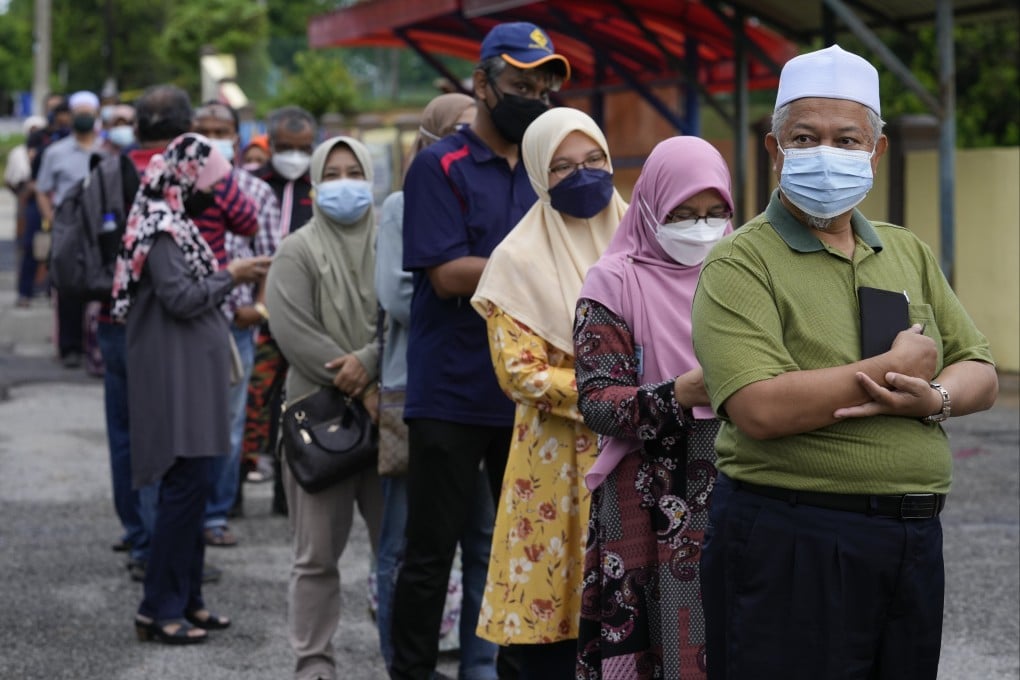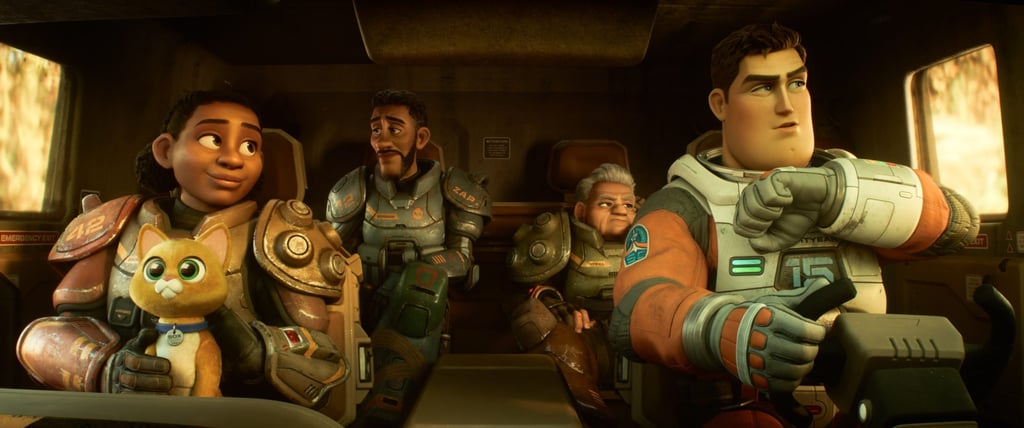As election fever heats up in Malaysia, so does censorship and conservatism
- Ban on films part of broader crackdown on activity deemed offensive to conservative sensibilities of Malay-Muslim majority, in sign polls could be called soon
- Local parties have long relied on race-based and polarising tactics to maintain their bases, analyst says

The recent months have seen a flurry of activity from Malaysian authorities, who have been busy clamping down on perceived attacks on conservative values as the country gears up for what could be its most divisive national polls that are expected to be called soon.
“[It was banned] because it mentioned LGBT,” Deputy Communications Minister Zahidi Zainul Abidin told the senate in August.

Zahidi, however, said there were still many films with LGBT elements that had managed to “slip past the censorship” despite their best efforts.
While this was not the first time censors had barred films, the move was part of a broader crackdown on activity deemed offensive to conservative sensibilities of the Malay-Muslim majority, who make up more than 60 per cent of Malaysia’s 32 million people.
To long-time Malaysia observers, the ebb and flow of conservatism and censorship by authorities tends to be related to a larger event – an impending general election.
Malaysian society – especially the Malay-Muslim community – had gradually shifted towards conservatism since the 1980s, but these crackdowns appear to be escalating as the country inches closer to national polls that need to be called by September 2023.